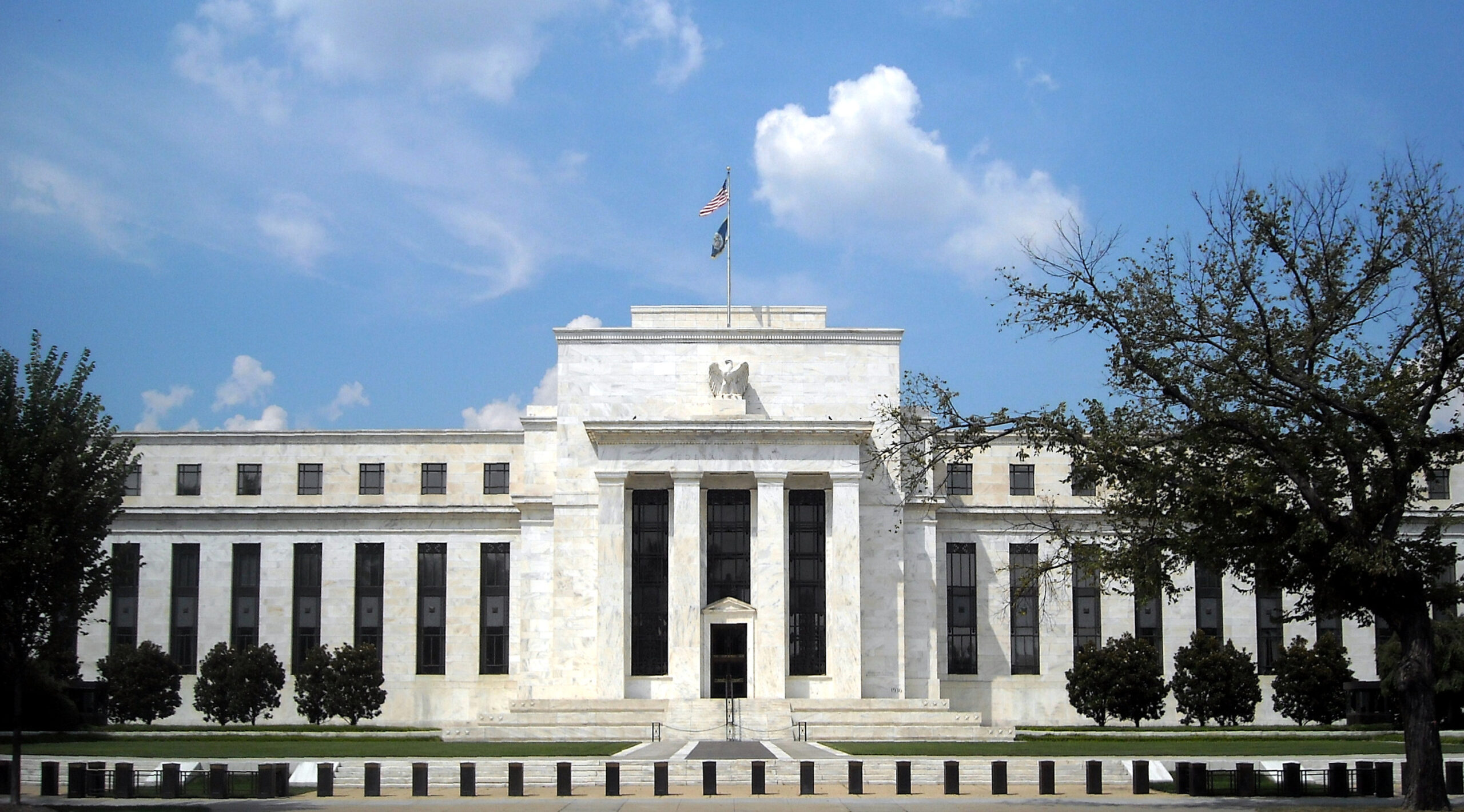What will central banks do after Jackson Hole?

Central bank moves and scenarios. Analysis by Steven Bell, Chief Economist EMEA at Columbia Threadneedle
Last week the annual meeting of central bankers was held in Jackson Hole, Wyoming. Jerome Powell, the chairman of the Federal Reserve, was very clear, stating that "the time has come to cut rates", while Andrew Bailey, his British equivalent, was more cautious: "it is too early to declare victory" . As regards the European Central Bank, however, represented by Philip Lane and with President Lagarde greatly absent, no major news has been announced.
THE FED SEPARATES FROM THE CENTRAL BANKS OF EUROPE AND THE UNITED KINGDOM
Unlike the BoE and the ECB, the Fed has not yet cut rates and believes it needs to catch up. The markets agree and expect cuts of 100 basis points by the end of the year. With only 3 meetings available, this would mean a 50 basis point cut in one of them. This is a rather far-fetched hypothesis, but much will depend on the next employment report to be published on September 6th. If the data were weak, we could talk about a 50 basis point cut at the end-of-month meeting. The unemployment rate will be the center of attention: at the beginning of the month, in fact, it showed signs of a downward trend. A few weeks ago I suggested that a recession was an unlikely scenario; among the various reasons I indicated how the increase in unemployment was due to temporary factors. If this were correct, we should see a decline in this rate.
Overall, I expect there to be room for disappointment considering how it has been priced for the rest of the year. However, the trend is clearly that of a reduction in US rates. For next year, markets expect another 123 basis points of cuts, which would bring the Fed Funds rate to 3%. There is some downward trend on this figure but, again, the price of the cut would remain very strong. This prediction also seems unlikely to me, although it is already widespread.
THE SITUATION IN THE UK
For the UK, markets expect only 40 basis points of cuts by the end of 2024. The economy is accelerating, albeit modestly, and fears of a sharp rise in unemployment seem excessive to me. Inflation remained in line with the target until the latest survey, but from now on it is destined to grow constantly. Household energy bills are a decisive factor: they will increase by 10% in October, recording the first increase in prices for two years. This presents a challenge for the BoE and the government, which is already under pressure to provide more relief to pensioners and those on low incomes.
However, there is no shortage of good news. Wage inflation, closely monitored by the BoE, is expected to decline on a quarterly basis as we move away from last April's 10% minimum wage increase.
The pound has been the strongest major currency this year and this is reflected in lower prices for imported goods. Retail industry sector data shows first year-on-year price decline since Covid. Overall, I think we could get cuts of up to 50 basis points by the end of the year. For next year, the markets expect another 82 basis points, which would bring the rate to 3.75%, a scenario that is certainly possible, but not without risks.
AND THE EUROZONE?
As regards Europe, the market forecasts in terms of cuts are similar to those for the United Kingdom. Growth in Europe is “anemic,” but good news came from wage growth last week, as it received little attention. The decline recorded at 3.5% year-on-year is notable and not far from the 2% target. I had been quite cautious about the prospects of a rate cut by the ECB, but now I am less so.
As for risk assets, the correction of rate expectations is less important than the positive news: falling interest rates, falling inflation and continued economic growth.
This is a machine translation from Italian language of a post published on Start Magazine at the URL https://www.startmag.it/economia/jackson-hole-cosa-faranno-banche-centrali/ on Sun, 01 Sep 2024 04:28:16 +0000.
